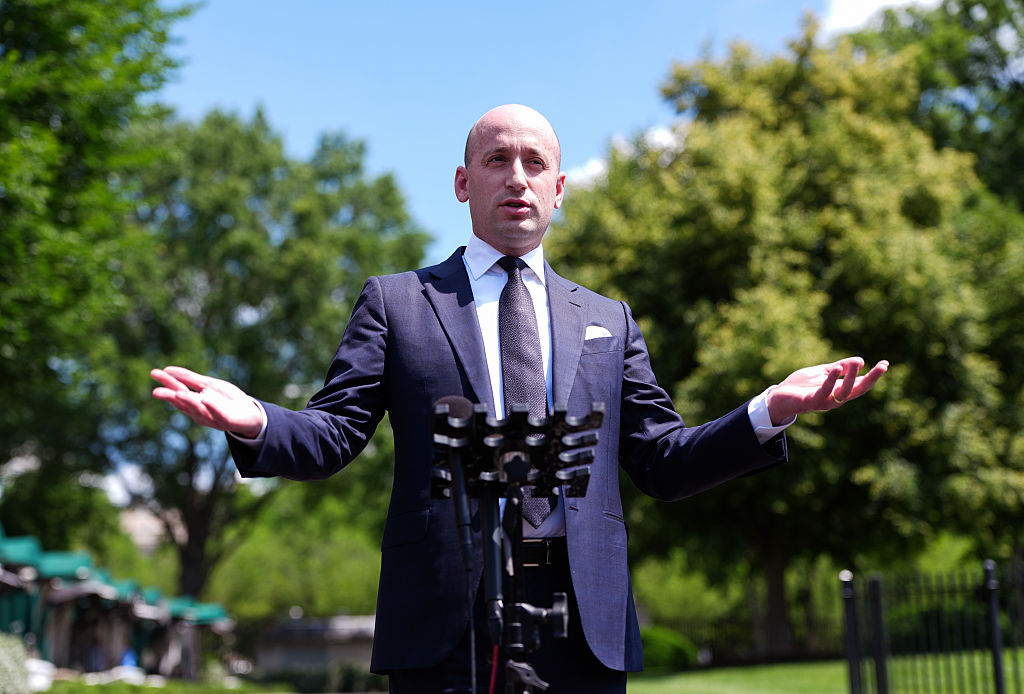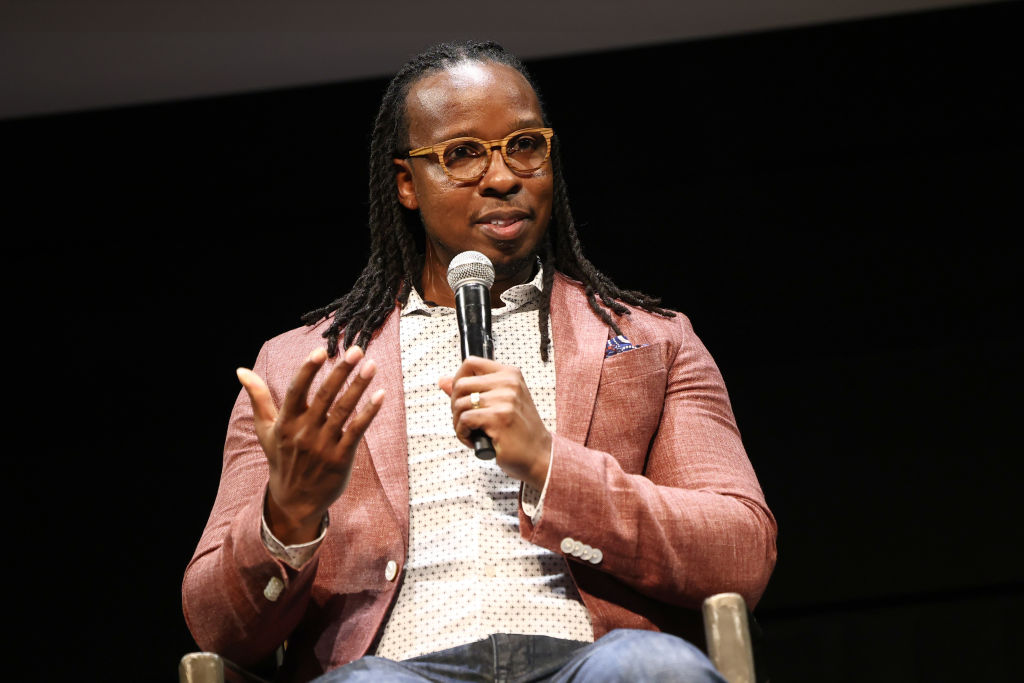The institutions just won’t quit. Even after the Supreme Court made it abundantly clear that race-based admissions violate the Constitution, many of America’s top medical schools are digging in their heels – and, apparently, digging graves for meritocracy.
A new report by Do No Harm, a group of physicians and health policy experts, reveals that public medical schools continue to admit students with dramatically different qualifications based largely on race. In other words, the diversity-industrial complex is alive and well – just operating in the shadows.
The numbers don’t lie. According to the report, black students admitted to these schools had average MCAT scores significantly lower than their white and Asian counterparts. In many cases, the academic gap was wide enough to raise serious red flags if it were reversed. But instead of defending equal standards, these institutions hide behind euphemisms like “holistic review” – a process that, let’s be honest, functions as a backdoor for racial preference.
Now, don’t get me wrong. I have no issue with diversity. I have no problem with outreach, inclusion, or expanding opportunity. But I do have a problem with pretending that skin color can substitute for skill.
Being a good doctor doesn’t come from your race. It comes from your training, your knowledge and your ability to empathize. The scalpel doesn’t care what ethnicity holds it. The diagnosis doesn’t change depending on your cultural background. And the patient — especially the one in critical condition — cares far more about whether you know what you’re doing than what box you checked on your admissions application.
Representation has value. No serious person denies that. As a black man, I understand the comfort that can come from seeing someone who looks like you in a position of authority, especially in high-stakes settings like hospitals. It’s natural. But that comfort must never come at the cost of competence.
There’s a growing belief in elite circles that increasing the number of black doctors will somehow cure the disparities in healthcare outcomes. But that’s a fantasy – one that confuses correlation with causation.
Let’s talk facts. The real drivers of inequality in healthcare aren’t race, but resources. First, the quality of the hospital matters – some hospitals are top-tier institutions with the latest technology and top-flight staff, while others are chronically underfunded and understaffed. Second, insurance plays a massive role in determining the kind of care a person receives. And third, the ability to pay out of pocket can significantly affect access to timely and specialized treatment.
So no – the solution to unequal healthcare is not to flood the system with under qualified graduates just to meet a racial quota. That’s not justice. That’s malpractice.
Some will say, “Well, black patients are more likely to trust black doctors.” That may be true in certain contexts. But trust should never be built on tribalism. It should be built on competence. I would rather be treated by a doctor of any background who is excellent than by someone who looks like me but barely passed their boards.
This is not an attack on black medical students. Many of them are brilliant, capable and deeply dedicated. But when schools lower the bar to artificially boost numbers, they cast a shadow over everyone – even the most qualified. That’s the tragedy of race-based standards: they taint achievement with doubt.
If we want more black doctors – and I believe we should – the answer isn’t to game the system. It’s to widen the path to excellence. That means aggressive outreach, investment in K-12 education, mentorship and prep programs that help disadvantaged students compete on equal footing. Not handouts. Not lowered expectations. Real support, aimed at real readiness.
This used to be the heart of the civil rights movement: equal opportunity, not guaranteed outcomes. Somewhere along the way, that vision got hijacked by administrators more interested in identity politics than institutional integrity.
And make no mistake: this isn’t just about medicine. It’s about the kind of society we want to live in. Do we want professionals selected by merit, or by skin tone? Do we want pilots, engineers, surgeons and scientists who made it through the fire – or who were carried across the finish line for the sake of diversity optics?
The fact that medical schools are willing to quietly defy the Supreme Court shows just how deep this ideology runs. It’s not just a preference – it’s a religion. And like all bad religions, it demands blind faith, even when the evidence says otherwise.
We should not be afraid to say what common sense tells us: racial preference, no matter how noble it sounds, is still discrimination. And when it comes to healthcare, discrimination wrapped in good intentions can be just as dangerous as the kind rooted in hate.
The patient deserves the best – period. That’s not racism. That’s reality.


























Leave a Reply